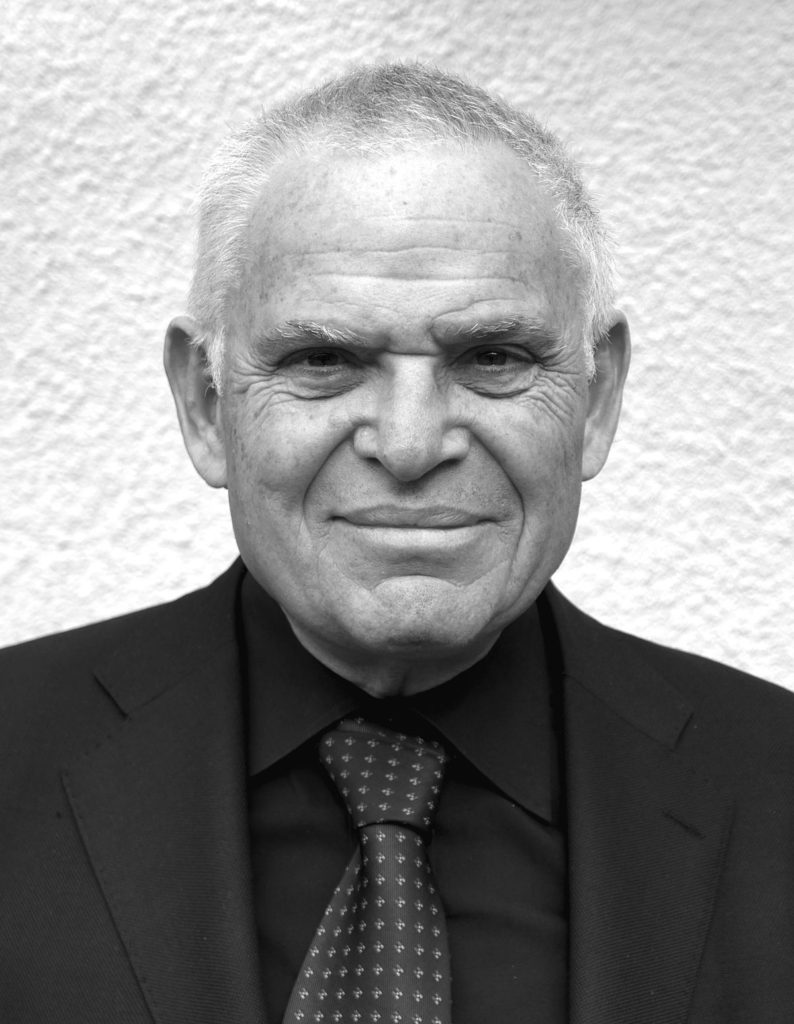(*1942)
Edward N. Luttwak served as a consultant for the Office of Net Assessment of the U.S. Department of Defense, for the U.S. armed forces, and to the U.S. National Security Council. His official – and unofficial – advisory work has been praised by generals and secretaries of state.
He believes in what he calls “the logic of strategy”, which usually involves doing the least efficient thing possible in order to gain the upper hand over your enemy by confusing them. His books and articles have devoted followings among academics, journalists, businessmen, military officers and prime ministers. His 1987 book Strategy: The Logic of War and Peace is a set text at universities and military academies across the world.
In his long career, Luttwak has been asked by the president of Mexico to help eliminate a street gang that was burning tourist buses in the city of Mexicali; the Dalai Lama has consulted him about relations with China, European governments have hired him to root out al-Qaida operatives.
But Luttwak is still best known for his book Coup d’Etat: A Practical Guide, published in 1968. The book explains in clinical detail how to seize power in various types of states. The book was praised by John le Carré and warmly reviewed by critics on the left and the right. But for Luttwak the best notice came in 1972, when General Mohammad Oufkir was assassinated during an attempted coup against King Hassan in Morocco; it was rumoured that a blood-spattered copy of Coup d’Etat was found on the general’s corpse. The Czech version follows the edition from 2016 – updated for the twenty-first century – and is prefaced by the author himself.
Books:

